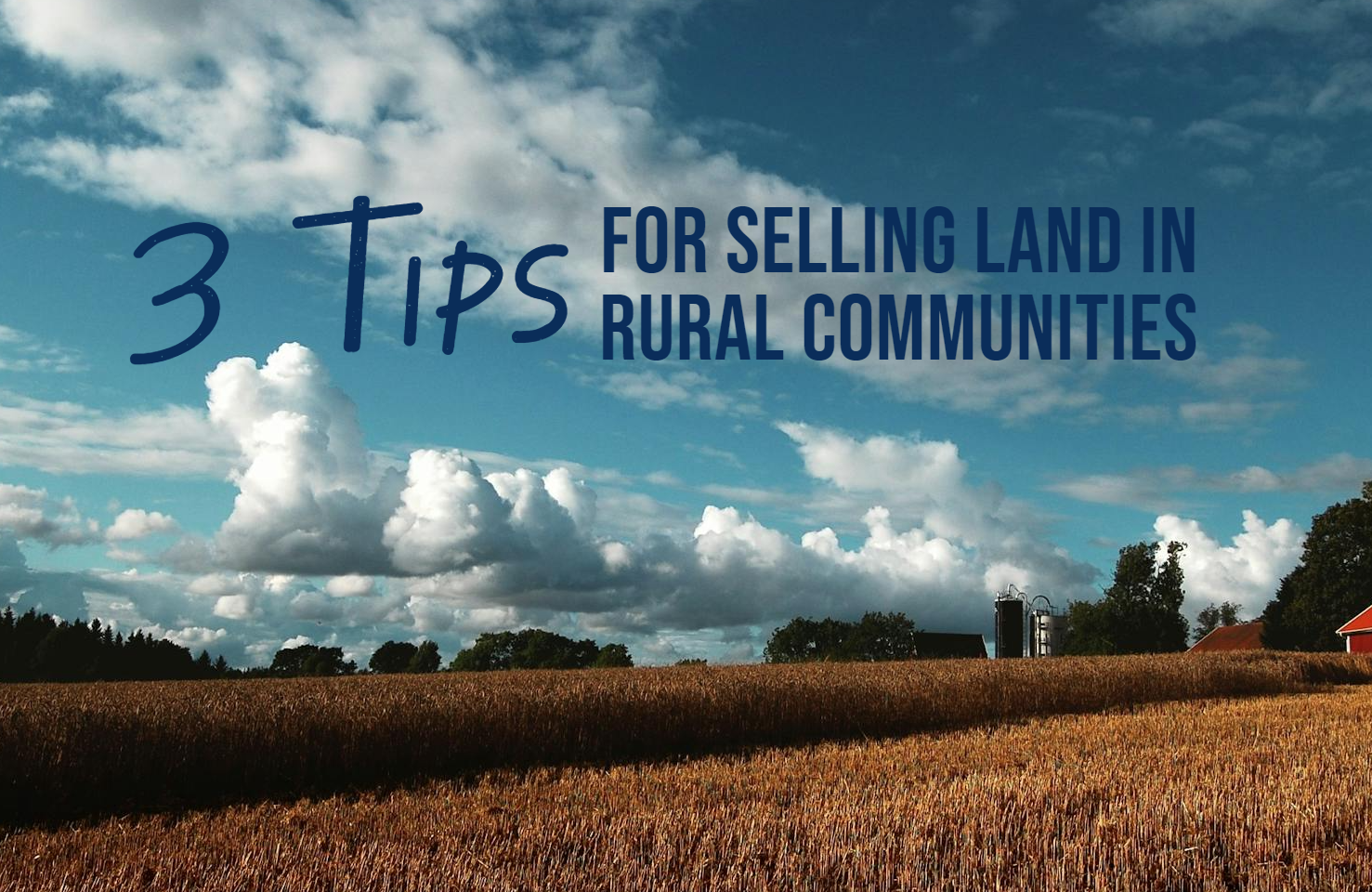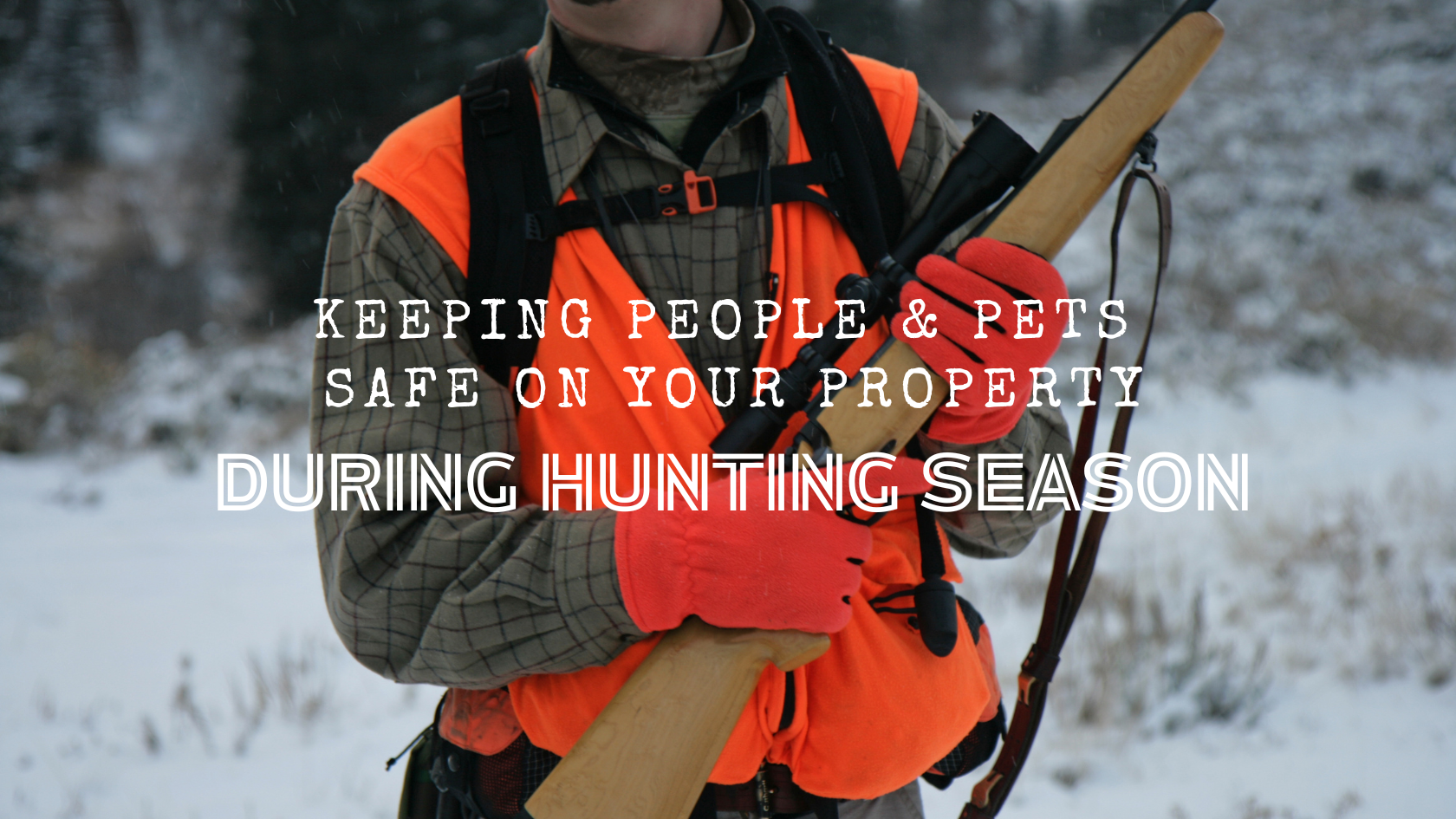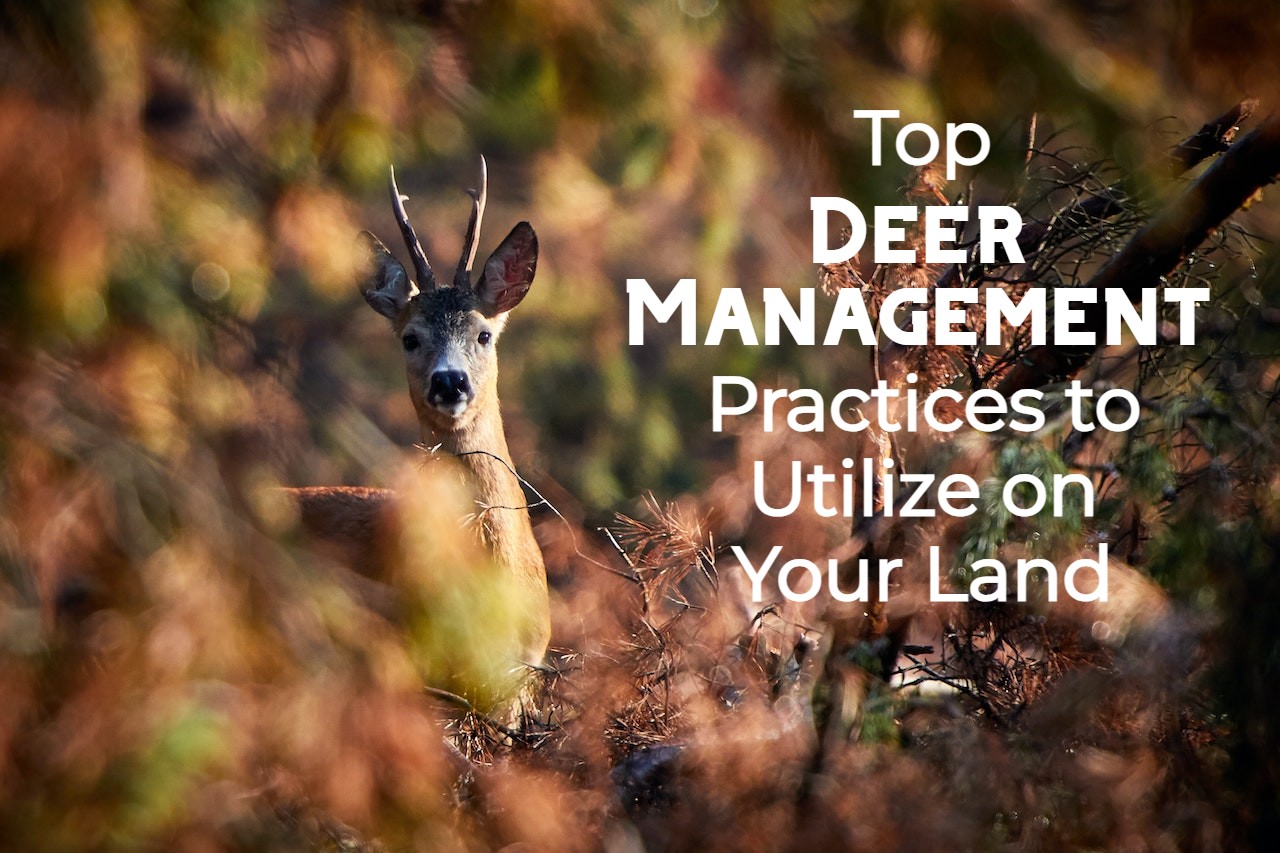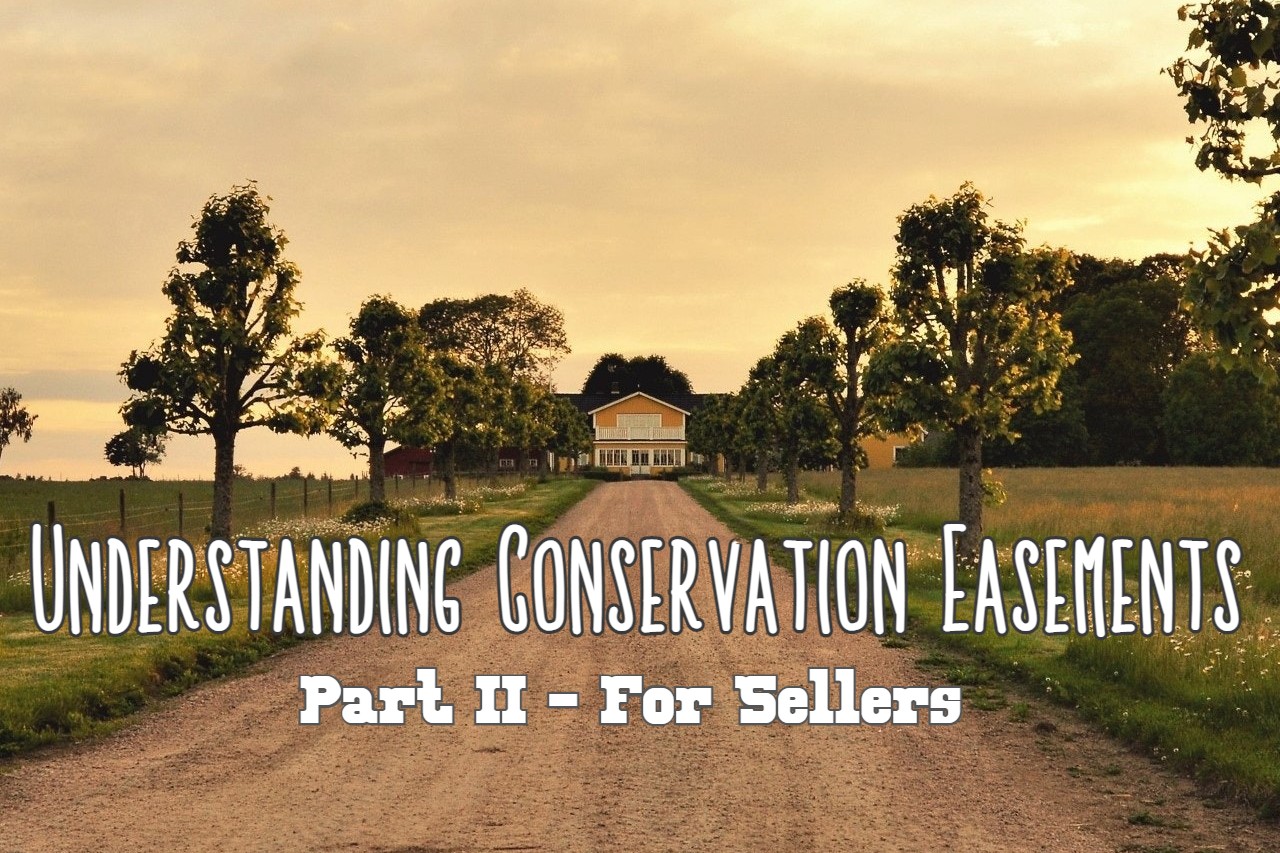What You Need to Know Before Hunting on Your Land
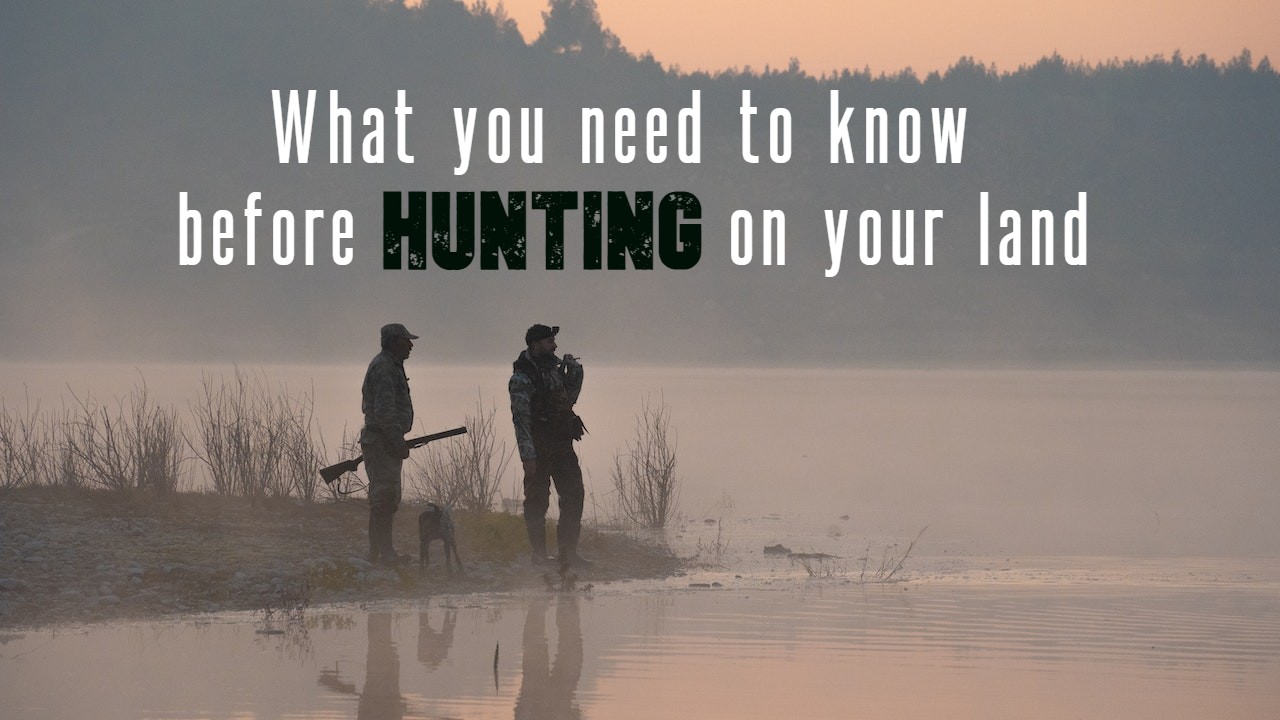
Hunting can be an enjoyable and rewarding outdoor activity, and for many, it’s a way to connect with nature, bond with friends and family, and even manage wildlife populations. If you own or are in the market to buy a piece of land, you might be considering hunting on your property. However, before you grab your gear and head out, there are several essential factors you should consider and steps you should take to ensure a safe and successful hunting experience. In this article, we’ll explore what you need to know before hunting on your land.
Understand Local Regulations
One of the most crucial aspects of hunting on your land is knowing and following the local hunting regulations and laws. These regulations can vary significantly depending on your location, the type of game you want to hunt, and the time of year. It’s essential to familiarize yourself with the rules, obtain the necessary permits or licenses, and understand bag limits, hunting seasons, and any special restrictions that apply to your area.
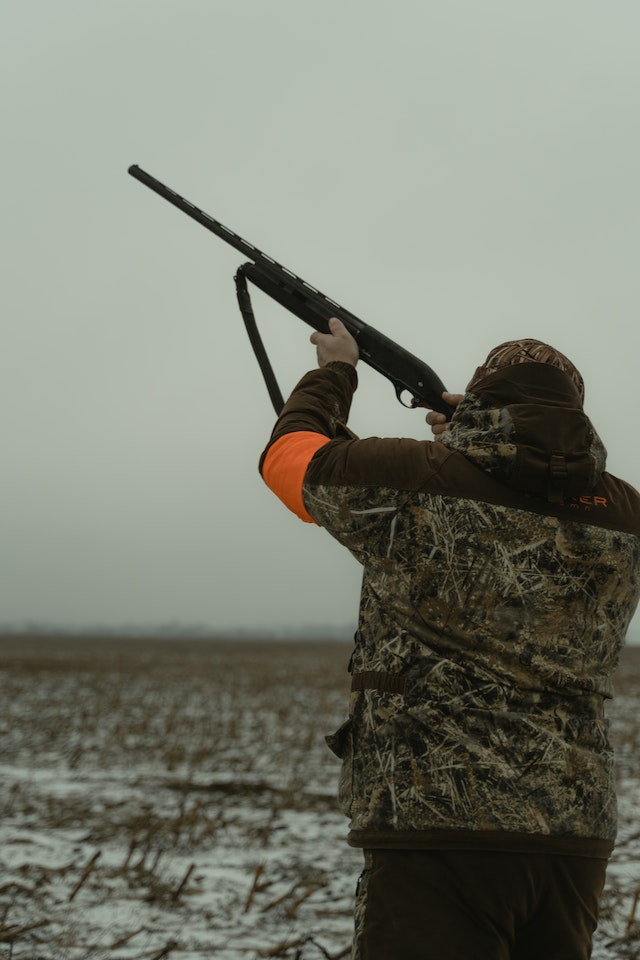 Wildlife Management
Wildlife Management
Before embarking on a hunting adventure, it’s essential to understand the local wildlife population and its needs. A well-managed property can enhance the quality of your hunting experience. Consider factors such as food sources, water availability, and habitat improvements that can attract and sustain game species. Consulting with wildlife biologists or local conservation agencies can provide valuable insights into effective wildlife management practices for your land.
Safety First
Safety should always be a top priority when hunting, and this holds true on your property as well. Ensure that you and anyone else who will be hunting on your land are well-versed in firearm safety and hunting ethics. Establish clear and safe shooting zones, and be aware of any neighboring properties to avoid accidents. Additionally, always wear appropriate safety gear, including blaze orange clothing, to remain visible to others.
Property Boundaries
Knowing your property boundaries is crucial to ensure you stay within your legal rights and avoid disputes with neighbors. Review your property’s deeds, maps, and boundary markers, and consider having your land professionally surveyed if necessary. Clearly mark boundaries with signs or property line markers to help avoid unintentional trespassing on adjacent properties.
Land Maintenance
Regular land maintenance is essential to support both wildlife and your hunting activities. Maintaining trails, clearing shooting lanes, and managing vegetation can improve access to hunting areas and increase your chances of success. Additionally, consider planting wildlife-friendly crops or creating wildlife habitat enhancements to attract game species to your land.
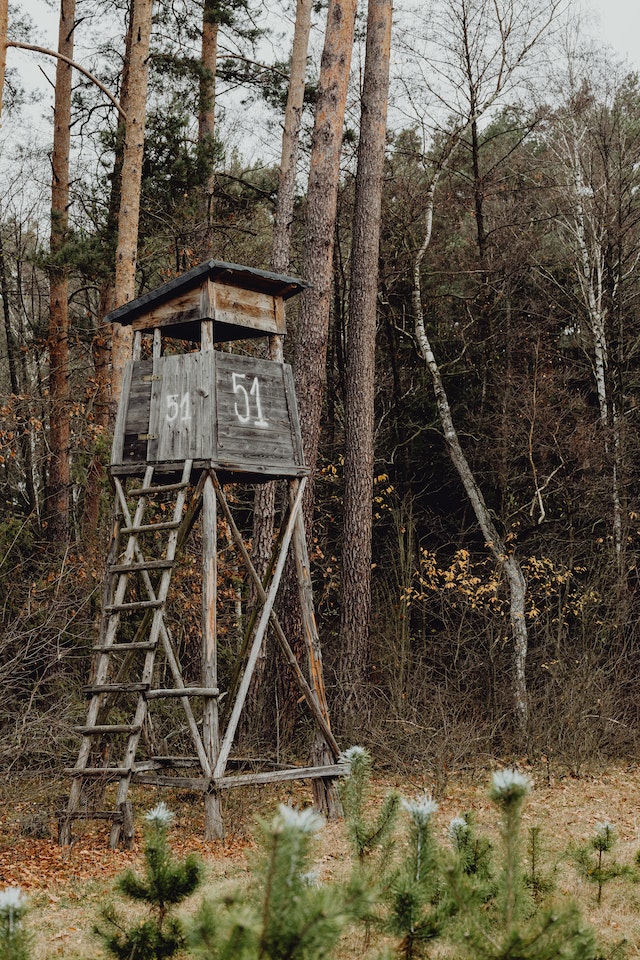 Hunting Stands and Blinds
Hunting Stands and Blinds
If you plan to use hunting stands or blinds, install them well in advance of the hunting season. Ensure they are stable, secure, and strategically placed to maximize your chances of success while minimizing the risk of accidents. Regularly inspect and maintain your hunting stands and blinds to keep them in safe and working condition.
Responsible Harvesting
Responsible harvesting is crucial for maintaining healthy wildlife populations. Avoid over-harvesting, and adhere to bag limits and hunting seasons. Focus on harvesting mature animals to help maintain a balanced population and overall ecosystem health.
Respect for Nature
Hunting provides a unique opportunity to connect with nature, and it’s essential to do so with a sense of respect and appreciation. Leave no trace, clean up after yourself, and minimize your impact on the environment. Practice ethical hunting by making clean, humane shots, and always follow through on tracking and recovering wounded game animals.
Hunting on your land can be a fulfilling and rewarding experience when done responsibly and ethically. It’s a great way to connect with friends, and make connections & memories with the next generation of family. By understanding local regulations, prioritizing safety, managing your property wisely, and respecting both wildlife and nature, you can enjoy a successful and sustainable hunting experience on your land. Remember that conservation and responsible stewardship of your land can lead to a more enjoyable and thriving hunting environment for years to come.






